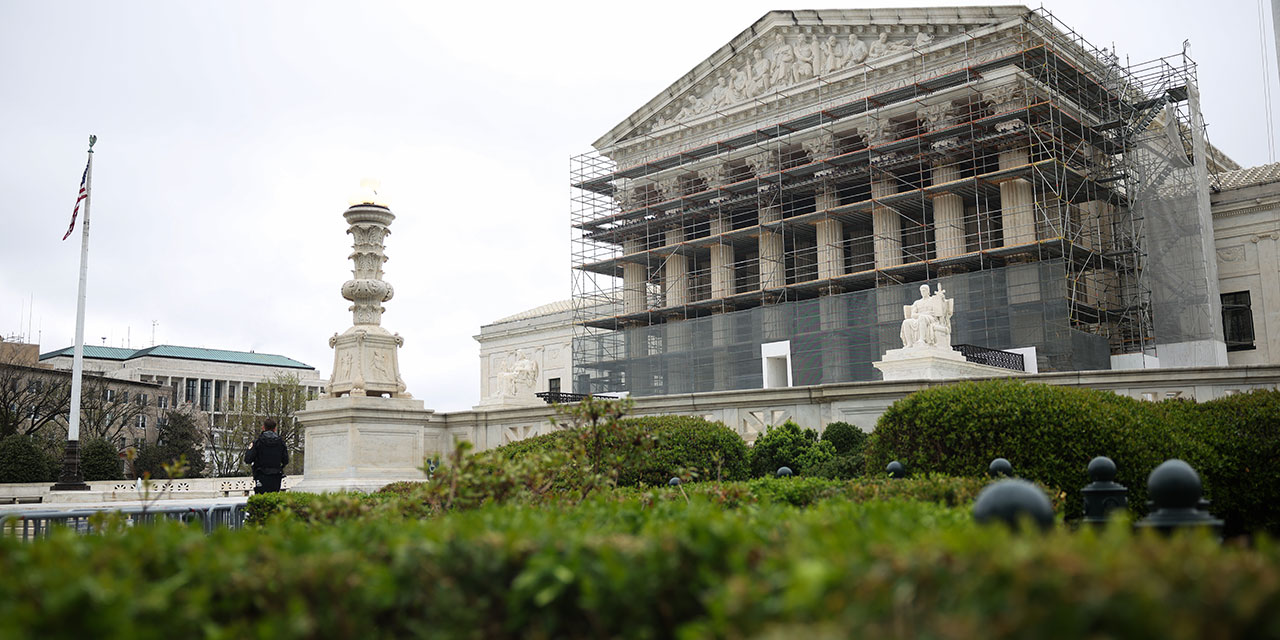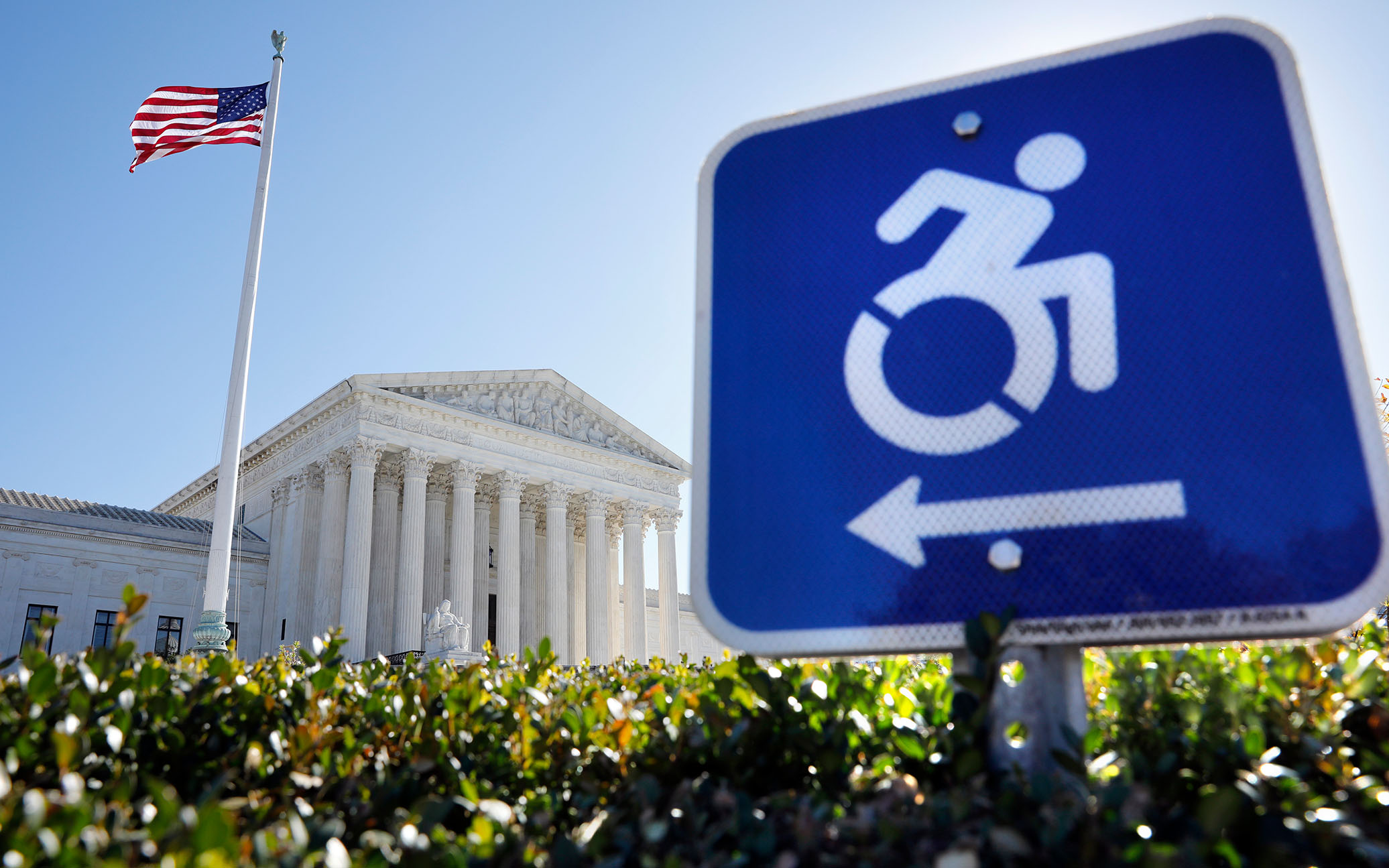
By Jonathan Stempel
(Reuters) -People who accused Google of illegally collecting their personal information, after they chose not to synchronize their Google Chrome browsers with their Google accounts, cannot sue the Alphabet unit as a group in a class action, a U.S. judge ruled.
In a decision on Monday, U.S. District Judge Yvonne Gonzalez Rogers in Oakland, California agreed with Google that it was appropriate to address case-by-case whether millions of Chrome users understood and agreed to its data collection policies.
“Inquiries relating to Google’s implied consent defense will overwhelm the damages claims for all causes of action,” Rogers wrote.
She dismissed the proposed damages class action with prejudice, meaning it cannot be brought again. The judge also said Chrome users cannot seek policy changes as a group.
David Straite, a lawyer for the plaintiffs, declined to comment on Tuesday. Sandi Knight, vice president of litigation at Google, in a statement said the company appreciated the decision, and that Chrome Sync has “clear privacy controls.”
Class actions let plaintiffs seek potentially greater recoveries at lower cost than they could in individual lawsuits.
The decision followed a ruling last August by the federal appeals court in San Francisco, which said Rogers should consider whether reasonable Chrome users consented to letting Google collect their data when they browsed online.
Chrome users pointed to Chrome’s privacy notice, which said they “don’t need to provide any personal information to use Chrome” and Google would not collect such information unless they turned on the “sync” function.
Rogers had dismissed the case in December 2022. She said she oversees two other privacy cases against Mountain View, California-based Google, but the claims in those cases differed “significantly.”
The appeals court ruling followed Google’s 2023 agreement to destroy billions of records to settle a lawsuit claiming it tracked people who thought they were browsing privately, including in Chrome’s “Incognito” mode.
The case is Calhoun et al v Google LLC, 9th U.S. Circuit Court of Appeals, No. 22-16993.
(Reporting by Jonathan Stempel in New YorkEditing by Bill Berkrot)



